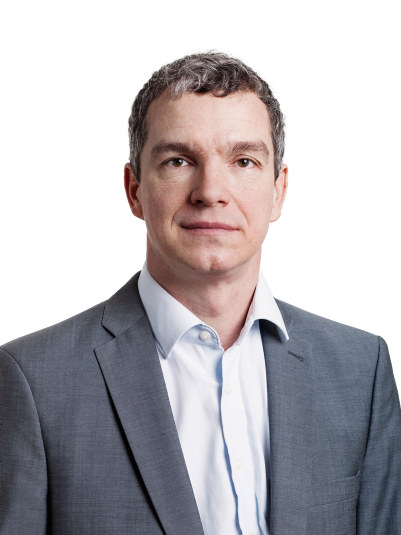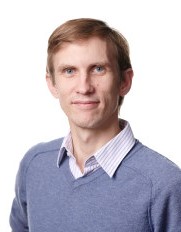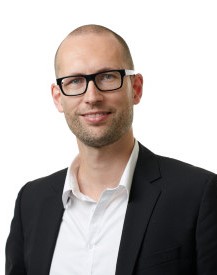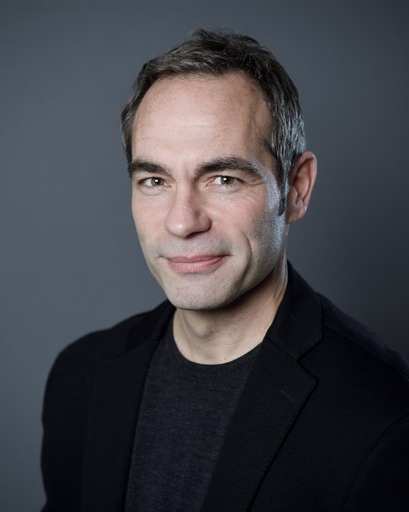Danmarks Frie Forskningsfond - Sapere Aude
Prof. Morten Sørensen, Department of Finance, Starting Grant
Financial and Non-financial Performance of Privately-Held Businesses
This project studies private (“non-listed”) businesses. Most economic activity takes place in such private businesses, yet their behavior and performance are poorly understood, due to data and methodological limitations. To address these limitations, Danish register data offer a unique source of comprehensive and detailed information, including employment, investments, and innovative activities of all Danish private businesses. These data also enable us to construct cash flows earned by these businesses to assess their financial risks and returns. The results of this study can inform public policies that aim to stimulate employment, investments, and innovations by private businesses and portfolio allocations to these businesses by institutional investors, such as pension funds.
Prof. Steffen Andersen, Department of Economics, Starting Grant
Revealing Economic Behaviour - Register Based Experiments
An important advance in economic theory has been the formulation of the life-cycle model, which is a unified model of consumption, savings and investment decisions over the lifetime of the decision maker. We propose using a combination of natural experiments to examine predictions of the lifecycle model and controlled field experiments to characterize the underlying preference structure of the model. The model makes some stark predictions about naturally occurring behavior, and field experiments allow us to identify what aspects of the theory require relaxation in order to explain economic behavior in naturally occurring environments. Our research strategy is to use register data to recruit specific groups for experiments. Register based experimentation is necessary, simply because the group of interest is a small part of the population and these individuals are not easily identified through questionnaires of the general population. Knowledge about individual savings and investment behavior has importance for policies that influence the allocation of resources over time.
Prof. Christian Borch, Department of Management, Politics and Philosophy, Starting Grant
Crowd Dynamics in Financial Markets
The aim of this project is to examine links between crowd thinking and financial markets. This is done in a series of subprojects focusing in particular on automated trading and the links between popular (literary) representations of crowds and financial markets, on the one hand, and scholarly accounts of markets, on the other. The project contributes to existing research within social studies of finance and the sociology of crowds, but it also invites market professionals, scholars and observers of financial markets to reflect on the use of crowd psychology and its possible performative effects.
Associate Professor Martin Skrydstrup, Department of Management, Society and Communication, Starting Grant
SUSTEIN will focus on localized translations of transnational sustainability standards in 
Kenya, United Arab Emirates and corporate headquarters in Europe to advance our understanding of the global value chain of certified tea. Our theoretical aim is to go beyond the idea of global value chain by way of deploying the novel concept of infrastructure. This will allow us to better comprehend the recursive loops and contingent causes and effects in global value chains.